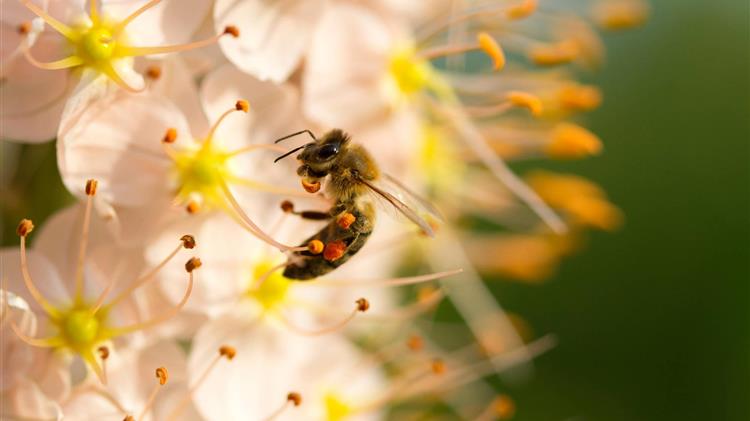The European Parliament sent an EU regulation to protect bees from harmful pesticides back to the drawing board Wednesday, when MEPs blocked a move by EU Member States to water down the legislation.
The MEPs were voting on a draft proposal from the European Commission intended to incorporate into EU law the European Food Safety Authority's (EFSA) 2013 guidance to cut the use of pesticides that harm bees.
The guidance indicated how pesticides should be tested, in order to protect bees from both acute and chronic exposure. Pesticides would remain available on the market only if they pass these new tests.
However, most EU member states opposed the provisions, forcing the Commission into a compromise to keep on board only provisions that protect bees against acute exposure.
"It is unacceptable that Member States oppose the full implementation of the 2013 EFSA bee guidance", said the Parliamentary resolution adopted on Wednesday. The draft "only introduces modifications (...) with regard to acute toxicity to honeybees, but remains silent on chronic toxicity to honeybees, as well as on toxicity to bumble bees and solitary bees". Moreover, the Commission's text "does not represent the most recent developments in scientific and technical knowledge" and "would not change the level of protection" already in place, says the text.
MEPs also stress that the European Commission should not have given in and should have made full use of its powers, as the 16 member states impeding the application of the protection criteria did not form a qualified majority.
The Parliament's resolution calls on the Commission to table new legislation based on the latest scientific and technical knowledge.
According to the Commission, there is a "dramatic decline in the occurrence and diversity of all kinds of European wild insect pollinators, including wild bees, hoverflies, butterflies and moths. Numerous pollinator species are extinct or threatened with extinction".
In the EU alone, around 84% of crop species and 78% of wild flower species depend, at least in part, on animal pollination. Up to almost EUR 15 billion of the EU's annual agricultural output is directly attributed to insect pollinators.
Ακολουθήστε το Agrocapital.gr στο Google News και μάθετε πρώτοι τις ειδήσεις
